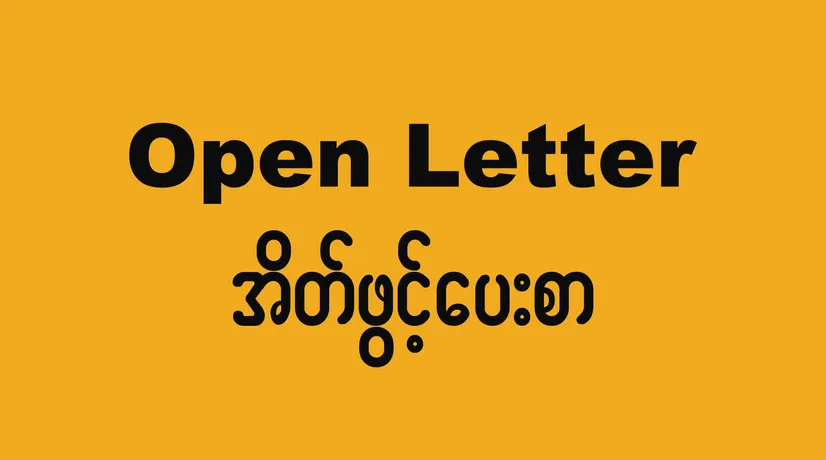Covid-19 response in Myanmar: civil society organizations urge IFIs not to collaborate with the junta
17 March 2021

225 Myanmar civil society organisations, international groups and individuals, including Recourse, have sent an open letter to the to International Financial Institutions (IFIs) and States, providing an update on the situation in Myanmar, in particular regarding Covid-19, and repeating demands from an earlier February letter:
We are writing to urge IFIs and State donors to work directly with civil society, including ethnic health services, to ensure effective and sustainable response to the COVID-19 pandemic. Given the military’s (Tatmadaw’s) active undermining of the COVID-19 response last year, and the illegal junta’s ongoing attacks on community resources essential to the COVID-19 response, it is clear that any aid to entities under the junta’s control would constitute an attack on Myanmar’s public health.
The Tatmadaw undermined Myanmar’s COVID-19 response before seizing power, and continues to do so now, escalating attacks on peaceful protesters and civil society, targeting health workers and facilities and engaging in armed conflict in ethnic areas. It has actively suppressed COVID-19 efforts by civil society and Ethnic Armed Organizations (EAOs). The primary impediment to pandemic response in Myanmar is not a lack of funding, but the junta itself.
On 17 February 2021, we urged you in a letter to halt lending obligations, suspend disbursements, pending grants and loans across all sovereign and non-sovereign operations, until conclusive confirmation that these do not legitimize military rule. At best, funding the regime to provide healthcare—rather than supporting civil society and EAOs—would legitimize and fund the junta, force health care workers, civil society and the public to engage with it, and undermine Myanmar’s Civil Disobedience Movement (CDM). More realistically, funding to the junta would not be used on public health. The Tatmadaw’s actions make clear it is not concerned about people’s health or COVID-19 suppression in Myanmar—funding will not change this.
The CDM is a choice by millions of people, including large parts of the public health and medical communities, not to engage with the regime. An estimated 50,000 of 110,000 Ministry of Health and Sports staff have joined, including 70% of its Yangon headquarters. 357 of Myanmar’s 1,162 public hospitals are closed. Statements from Myanmar health care workers highlight that a return to military dictatorship would be more harmful to public health than the pandemic. The impact of COVID-19, as a public health concern, should be seen in context; Myanmar has recorded approximately 3,200 COVID-19 deaths; the same number die in Myanmar from tuberculosis every 6 weeks.
Recommendations in relation to the COVID-19 response:
- IFIs and States must not collaborate with or legitimize the regime, including through COVID-19 funding.
- IFIs and States must put in place mechanisms to work with civil society (as they did prior to 2010 and recently have in other countries) and with EAOs that have long provided health care and social services in collaboration with communities in their areas of control.
- IFIs and States must support calls from civil society, the Committee Representing Pyidaungsu Hluttaw (CRPH) and UN Special Rapporteur to place gas revenues into protected accounts, to be used for humanitarian purposes.
Sincerely,
225 Myanmar civil society organizations, international groups and individuals
Download to read the full letter here.
Announcements
28 February 2025
Asian NGO Network on National Human Rights Institutions , CSO Working Group on Independent National Human Rights Institution (Burma/Myanmar)
Open letter: Removal of the membership of the dis-accredited Myanmar National Human Rights Commission from the Southeast Asia National Human Rights Institution Forum

Progressive Voice is a participatory rights-based policy research and advocacy organization rooted in civil society, that maintains strong networks and relationships with grassroots organizations and community-based organizations throughout Myanmar. It acts as a bridge to the international community and international policymakers by amplifying voices from the ground, and advocating for a rights-based policy narrative.